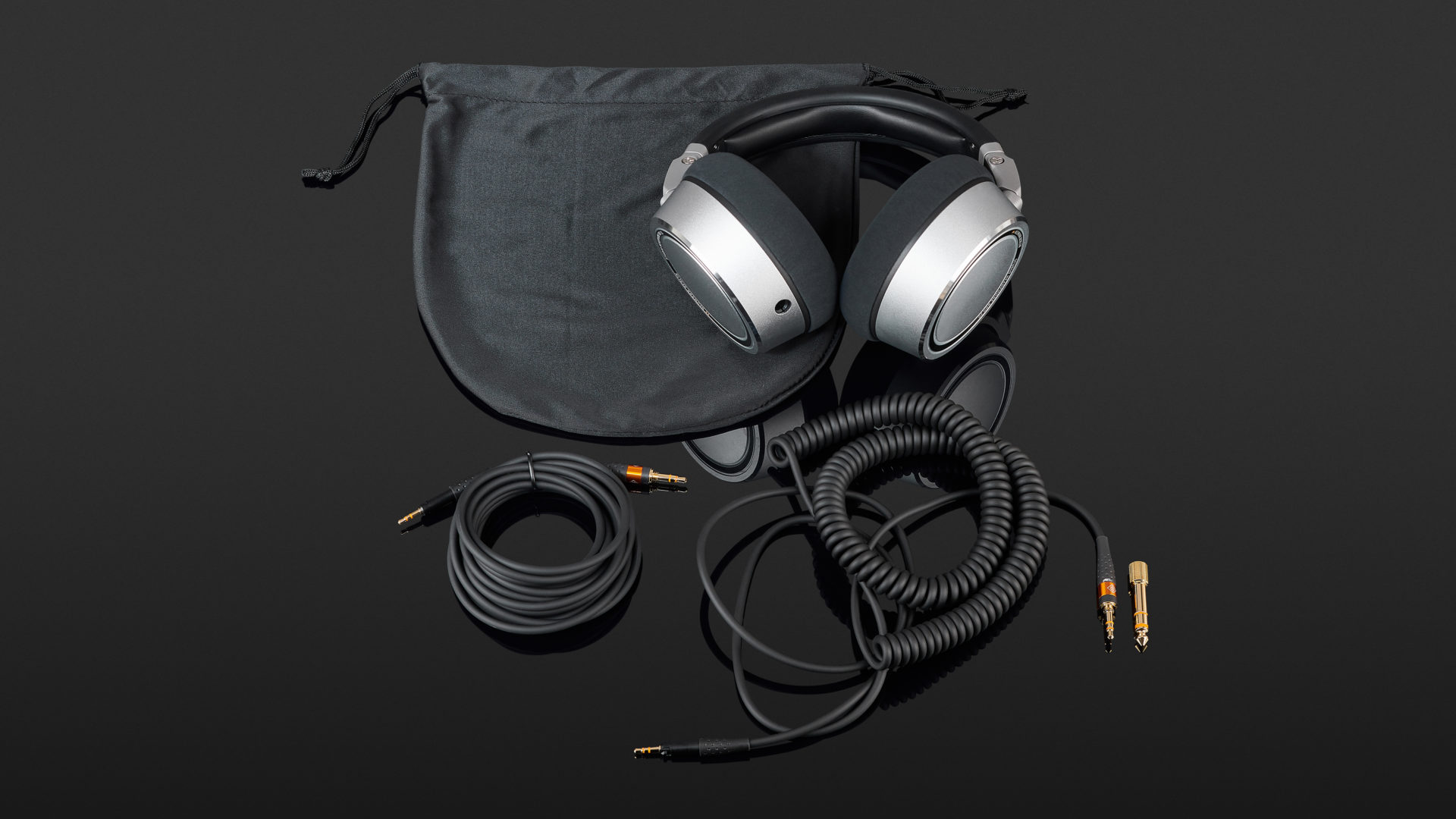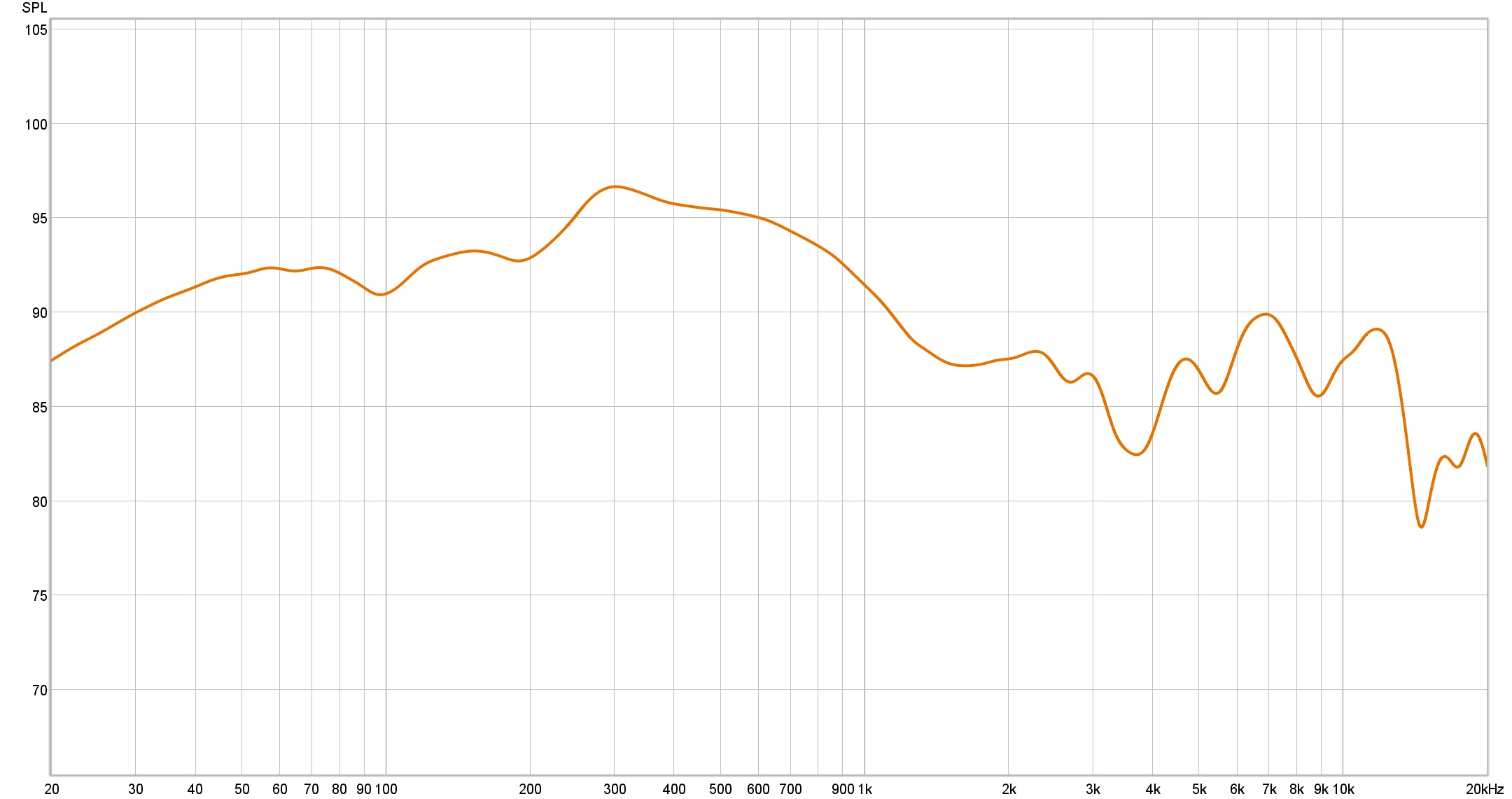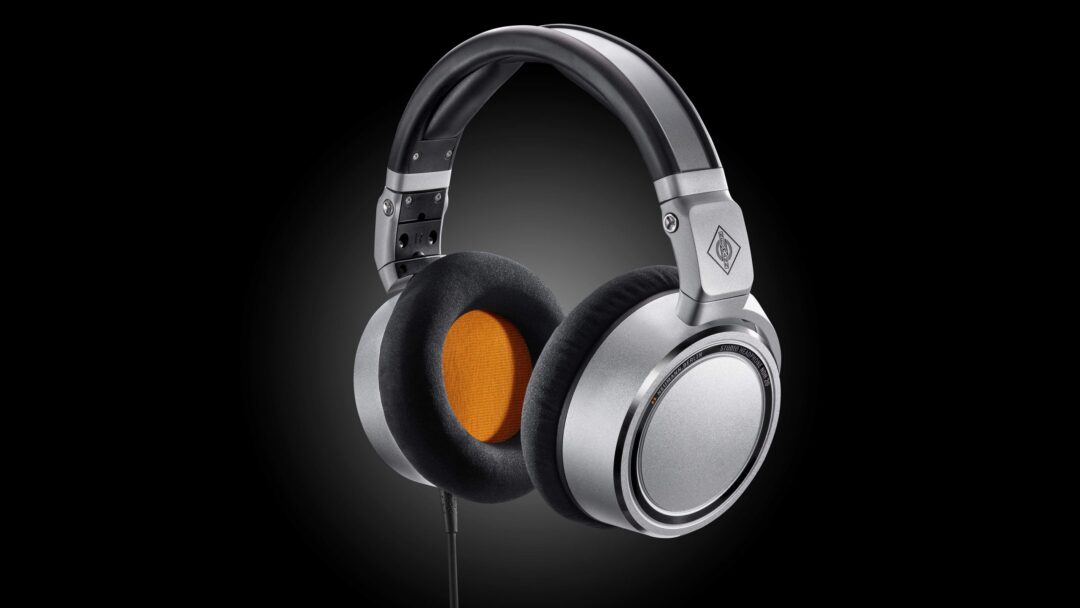When we first heard that Neumann had made his first pair of headphones, we thought this had to be something quite special. In the studio industry, the German manufacturer is famous for its studio microphones, which can cost from a few thousand bucks to over 5000 £. Their studio monitors are also very popular.
Headphones, on the other hand, have never been tried before. But since the parent company is Sennheiser itself, it was really only a matter of time before it came.
Neumann’s engineers have supplied themselves with components on Sennheiser’s parts warehouse, when assembling NDH 20. The basic model is the now discontinued Sennheiser HD 630VB, which ran off with the title Best Buy in a group test in 2016.
The NDH 20 differs from its relative by lacking variable bass control (a feature we liked), but in return it has a detachable cable that the HD 630VB lacked. Since it is intended for studio use, the impedance is quite high, 150 ohms. This allows you to connect several sets of headphones to the same amplifier, without the impedance dropping down to an unmanageable level for the amplifier. The sensitivity is at a nice 114 dB, which means that they are not hopeless with a mobile phone. But at full volume connected to the iPhone’s Lightning adapter, the sound is just loud enough.
We like the look of the headphones and that they are collapsible. They have a clearly more exclusive feel than the HD 630VB that they are related to.

Neumann NDH 20 in use
The fit is perfectly fine. It squeezes a little around the ears and the ear pads in well-drawn memory foam are a little hard, but you feel that the headphones breathe a little more than other closed variants. Which is an advantage for sound people who are going to use them for a long time in the studio at a time.
When I hear about headphones for studio use, I immediately think of a linear frequency curve, and very analytical and correct sound. You know, like the Sennheiser HD 800S, the flagship of the parent company (in dynamic headphones, we are not talking about the electrostats HE 1 for just over half a million kroner).
But NDH 20 is not linear. They have too much bass, especially in the upper bass register. Furthermore, there is too little air at the top, cymbals lack air and details, as do singing voices – male and female. It is almost well done by Neumann to be able to combine loud sound with little air.
Conclusion
Neumann’s first pair of headphones have an appealing appearance, and with greater quality radiance than the Sennheiser HD 630VB on which they are built.
But NDH 20 is not as engaging listening. No matter what we play music, the tiredness shows up after a fairly short time. The instruments do not have a complex enough sound structure, there is no large soundscape to speak of, it all becomes too flat and boring. It also sounds pretty loud.
It does not take much before NDH 20 sounds very good. There are qualities here, but the final sonic result engages too little. We hope Neumann tries again, they can definitely do better than this.

We see a very midrange-focused sound curve, with a swelling from 200 to 1000 Hz. Treble reproduction is generally muted all the way.

We think
Appealing appearance, great aluminum finish and decent comfort. Seems to be a comfortable load on amplifiers, does not change sound very much from amplifier to amplifier. The sound is dark, with too little detail at the top. It also sounds too sharp for our liking.
455 €
Specifications
- Type: Closed, over the ear
- Principle: Dynamic
- Foldable: Yes
- Microphone / remote control: No / no
- Cable: 3 m straight + 1.5-3 m spiral, 3.5 mm (6.3 mm adapter)
- Elements: 38 mm
- Impedance / sensitivity: 150 ohms / 114 dB
- Frequency response: 5-30,000 Hz
- Weight: 390 grams (without cable)
- Color: Two-tone silver gray / black
- Web: neumann.com

